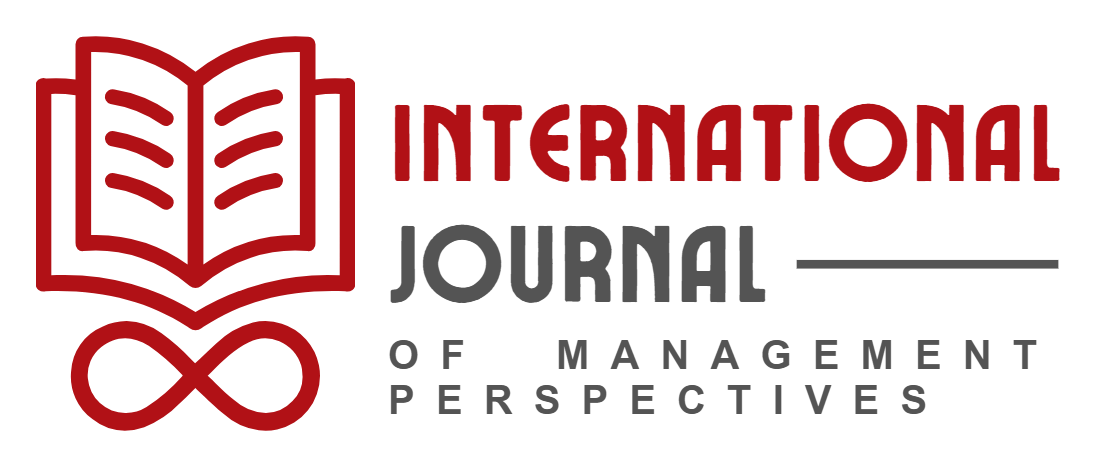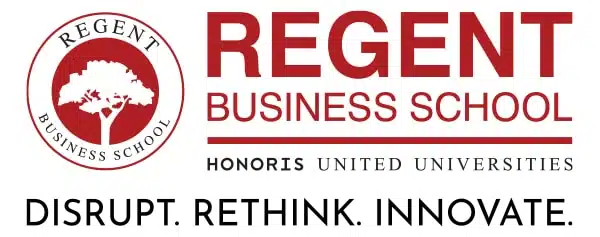There are several issues and challenges facing South Africa that could be linked to the country’s history. It is well known that amongst these issues, quality, affordable education remains inaccessible for the vast majority of South Africans. However, this is not true for all South Africans. There is a seemingly obvious divider between those that can access quality education and those who cannot. That divider is money. Dr Shahiem Patel, the Dean of Regent Business School, has an in-depth look at this topic.
In general terms, the rich access quality education and those that are not rich, do not. The resulting effect of this is that those who access quality education are likely to gain usable skills and again, those who are not rich, are unlikely to gain useful skills. In this perpetual cycle, we start to see the emergence of a skills gap between rich and poor. The gaining of skills would typically be a means to enjoy some financial benefit. Ultimately, this kind of skills gap is as a result of economic inequality and gives rise to further inequality.
However, this is not the only kind of skills gap, and that is perhaps the focus of this piece. What is this additional consequence? That would be the gap between the skills required and demanded by employers and those being supplied by the workforce. This form of skills gap is widening with each passing day as technology continues to develop and the nature of problems being solved by businesses constantly evolving.
The Evolving Skills Landscape: Employer Needs vs. Workforce Supply
Further compounding the problem is the fact that even those who are able to access quality education might be entering the working world with skills that were needed at some point in the past (not necessarily the distant past) yet their skills are still somewhat outdated and irrelevant. It is clear that something needs to be done to address this and in particular, the gap between relevant skills demanded by companies and those that are in supply from the labour market.
Fostering Collaboration: Principles for Bridging the Skills Gap
The obvious solution is for academic institutions, businesses, labour movements and students to engage and collaborate closely. In particular, the collaboration between academia and business has the potential to fundamentally address the skills gap because there will be closer proximity between the generators (academic institutions) and consumers (businesses) of skills required to drive economic growth in South Africa.
The need for closer proximity is further highlighted by the global shift towards digitisation and the emergence of artificial intelligence as a tool for disruption. It must follow then, that the collaboration ought to be constant and must reach some form of scale in the country that will result in every industry enjoying the fruits of the collaboration.
There are questions around the issue of business and academia collaboration in closing the skills gap that require answers. What is meant by collaboration? Who are the stakeholders that will represent business and academia in the engagements? What criterion should be applied to appointing people to these roles? The list of questions is far too long and finding answers to them is not the goal of this piece. Rather, a few guiding principles on how the collaboration ought to occur is more meaningful.
A Culture Shift for South Africa: The first principle of collaboration ought to be that of encouraging lifelong learning as a culture in South Africa. If technology and social forces result in constantly changing needs and demands, lifelong learning is a means of ensuring that the workforce remains updated on those changing forces. This impacts the ways of work required to remain relevant. In this respect, short learning programmes, micro skilling and credentialling and badging are effective areas of collaboration in the promotion of lifelong learning.
Integrating Academia with Real-World Challenges:
This is a form of work integrated learning that sees learners exposed to business challenges and opportunities during their studies. In many instances, work directed learning could be used as a tool for assessment of students. This has the benefit of preparing students for the so-called “real world” of work whilst they are in the environment of an academic institution. The other benefit is that employers have the opportunity to identify talent early and to nurture that talent in innovative ways, as students transition from education to employment.
Endorsement and Industry Relevance of Community Engagement:
This powerful principle should be embraced during collaboration between academia and business. It entails engagement by both these parties with professional bodies in various industries and ensuring that programmes offered by academia are endorsed by professional bodies. This is a signal to employers that students that have been through an academic programme which will equip them with the necessary skills to add value to the employer, and by extension to the industry.
Embracing Start-Up Culture in Education:
The principle of identifying exactly who “business” is will also go a long way towards meaningful collaboration. As start-up culture continues to flourish globally, “business” need not necessarily be a corporate in a brick-and-mortar style existence. Fluid, rapidly evolving, dynamic, digital entities are increasingly being thought of as “business” and must also be engaged by academia in a meaningful and deliberate manner. The opportunity for start-ups to showcase their innovation to a wide audience and the incorporation of those innovations into curricula is sure to help address the skills gap in South Africa.
Applying Rigour to Collaboration:
Sustained research in a collaborative manner between academia and business is a principle that could add rigour and trustworthiness to the engagements. Traditional and emerging methods of research could be applied to shared problems then used to make sound decisions during collaboration. In particular, action research is increasingly popular in terms of practically exposing research participants to environments and scenarios and learning by sensing. Learning by sensing is a valuable means of skills development and must be incorporated into engagements.
Mapping Employability Skills:
The principle of workplace readiness, 21st century digital skills and employability programmes must be prioritised when collaborating. Business and academia should map out the soft skills, problem solving skills, teamwork, communication skills and digital literacy that new entrants to the workplace require. Once mapped, these skills must be updated frequently to account for changing needs. Thereafter, robust and practical programmes should be cocreated by academia and business to deliver on these needs.
The principles above are by no means exhaustive but form the basis of a framework that could be developed to meaningfully close the skills gap in South Africa. In addition to these principles, overcoming barriers or challenges to successful collaboration must be borne in mind. These include financial considerations, cultural differences between business and academia and potential unwillingness to formalise collaboration agreements by either or both parties.
Policy Frameworks for Partnership Enhancement
Government policy plays a critical role in addressing some of these barriers and facilitating these partnerships. Policies that encourage collaboration through tax incentives, funding grants, and streamlined regulatory processes can significantly enhance the capacity for joint projects. Not to be forgotten are policies that focus on digital infrastructure development, particularly in rural and underprivileged areas, which are crucial in ensuring that the benefits of these collaborations are broadly shared.
As South Africa stands at the crossroads of tradition and innovation, the collaboration between industry and academia offers a beacon of hope. By bridging the skills gap through partnerships that foster lifelong learning and workforce readiness, South Africa can not only address its immediate employment challenges but also position itself as a leader in the digital age. This journey requires commitment, innovation, and collaboration across all sectors of society. Yet, given the resilience and spirit of the South African people, it is a challenge not just to be met but to be embraced as an opportunity to redefine the future.


